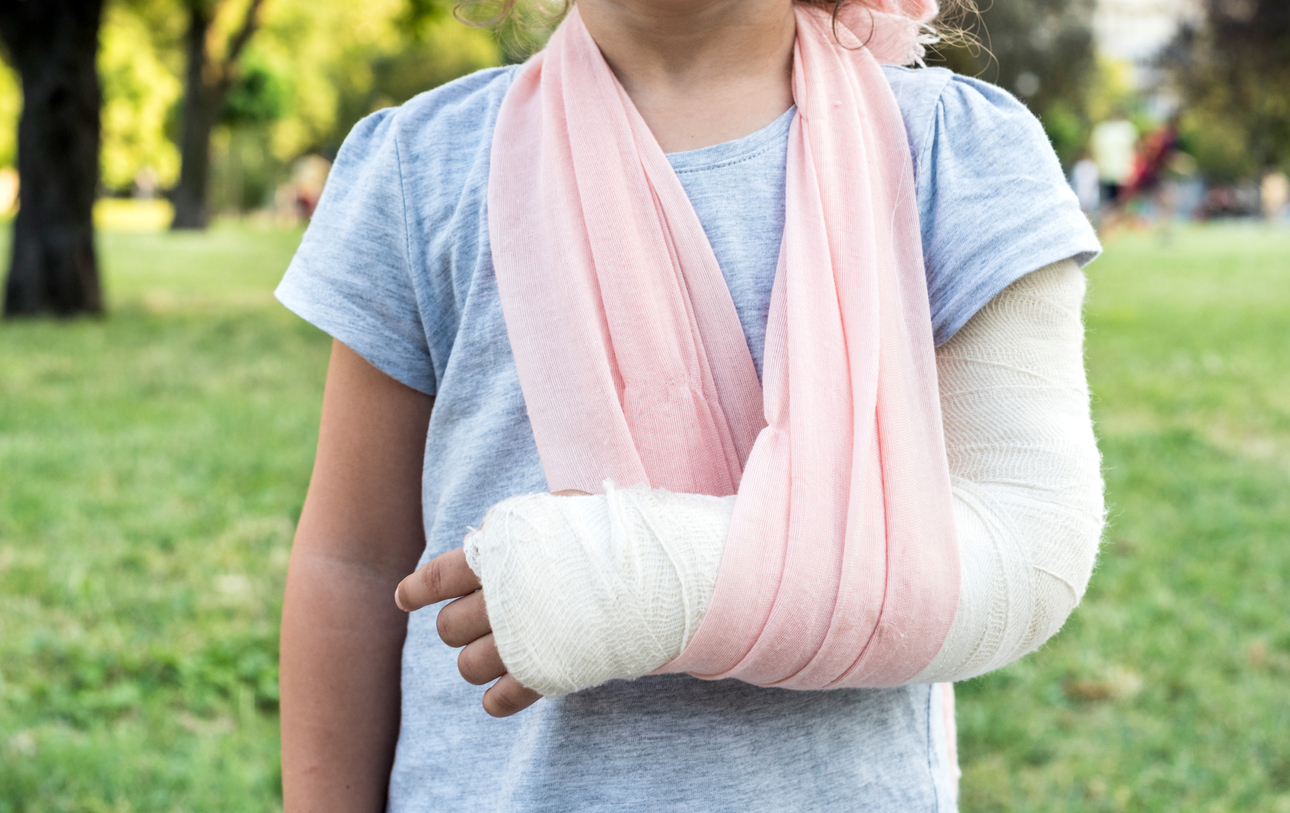
When a child suffers an injury after divorce, it can raise serious questions about parental responsibilities, decision-making, and what’s truly in the child’s best interests. Whether the injury was accidental, due to medical issues, or the result of neglect, family courts may need to revisit custody arrangements – sometimes urgently.
Here’s how a child’s injury can impact custody decisions, what the courts consider, and what parents need to know to protect their child and themselves.
Contents
The Best Interests of the Child Always Come First
In Georgia and other states, the best interests of the child are the focus for all custody decisions in court. That means the court is focused on the child’s safety, health, and emotional well-being, not necessarily what’s easiest, most convenient, or requested by either parent.
Even in cases where no one is at fault, an injury may still change a child’s needs in a way that affects custody. For instance, If a child needs daily medical care or has mobility limitations, the court may need to determine which parent is best equipped to meet those needs.
Situations Where Custody Could Be Reconsidered
When a child is seriously hurt, changes in custody or visitation may be warranted. Certain situations are more likely to impact custody decisions.
1. Allegations of Negligence, Neglect, or Abuse
If one parent is accused of negligence, neglect, or abuse that caused or contributed to the injury, it may prompt an immediate investigation. Courts take these claims seriously.
When neglect or abuse is suspected in a child’s injury, it may be reported to Child Protective Services (CPS). This will prompt an investigation, and the findings may have a significant impact on child custody.
Even if there’s no criminal case or CPS investigation, a family court judge may temporarily limit or restrict custody until a full review is complete.
2. Medical Neglect
Medical neglect usually means refusing or delaying necessary medical care for a child. Examples include relying on unproven or potentially harmful treatment, refusing to accept a diagnosis, or not acknowledging the need for treatment despite serious risks.
If one parent failed to seek treatment promptly or disregarded a doctor’s advice, the court may question their judgment and ability to make sound decisions for the child.
3. Increased Medical, Support, or Educational Needs
After an injury, a child’s medical, emotional, physical, and educational needs may be dramatically altered. For example, they may need home modifications, ongoing physical therapy, or special education support.
If one parent is better positioned financially or practically to provide these resources, the court may adjust physical custody or decision-making authority.
Temporary vs. Permanent Changes
In some cases, custody changes are only temporary, especially when an investigation is ongoing or the child’s condition is expected to improve. These are often called emergency custody orders and can be granted quickly by the court if a child’s health or safety is at risk.
If the situation is more permanent, such as a long-term disability or serious concerns about a parent’s fitness, the court may hold a full custody hearing to decide whether a permanent change is needed.
How Parents Should Respond
If your child has been injured and custody is now in question, here’s what you can do.
Be Proactive About Medical Care
Get your child the care they need immediately. Keep all medical records, follow the doctor’s orders, and attend every appointment.
Communicate Clearly and Respectfully
Let the other parent know what’s happening and include them in the decision-making process when possible. Courts look favorably on cooperation.
Keep Documentation
Keep track of texts, emails, medical visits, school updates, and anything else related to the injury and your child’s recovery. If allegations arise, this can protect you.
Follow Your Current Court Orders
Don’t withhold visitation or make unilateral decisions without legal backing. If you believe your child is unsafe, speak with an attorney and file for emergency relief instead.
Consider Requesting a Custody Modification
If your child’s needs have changed significantly and your current parenting plan no longer works, you can file a petition to modify custody. You’ll need to show that there’s been a substantial change in circumstances and that a new arrangement is in your child’s best interests.
Protecting Your Child’s Future After an Injury
Navigating custody after a child’s injury can be stressful and emotionally draining. By staying focused on your child’s well-being, documenting everything, and working with an experienced family law attorney, you can better protect your rights and your child’s future.
A proactive, cooperative approach can help you reach the best outcome for your family.

